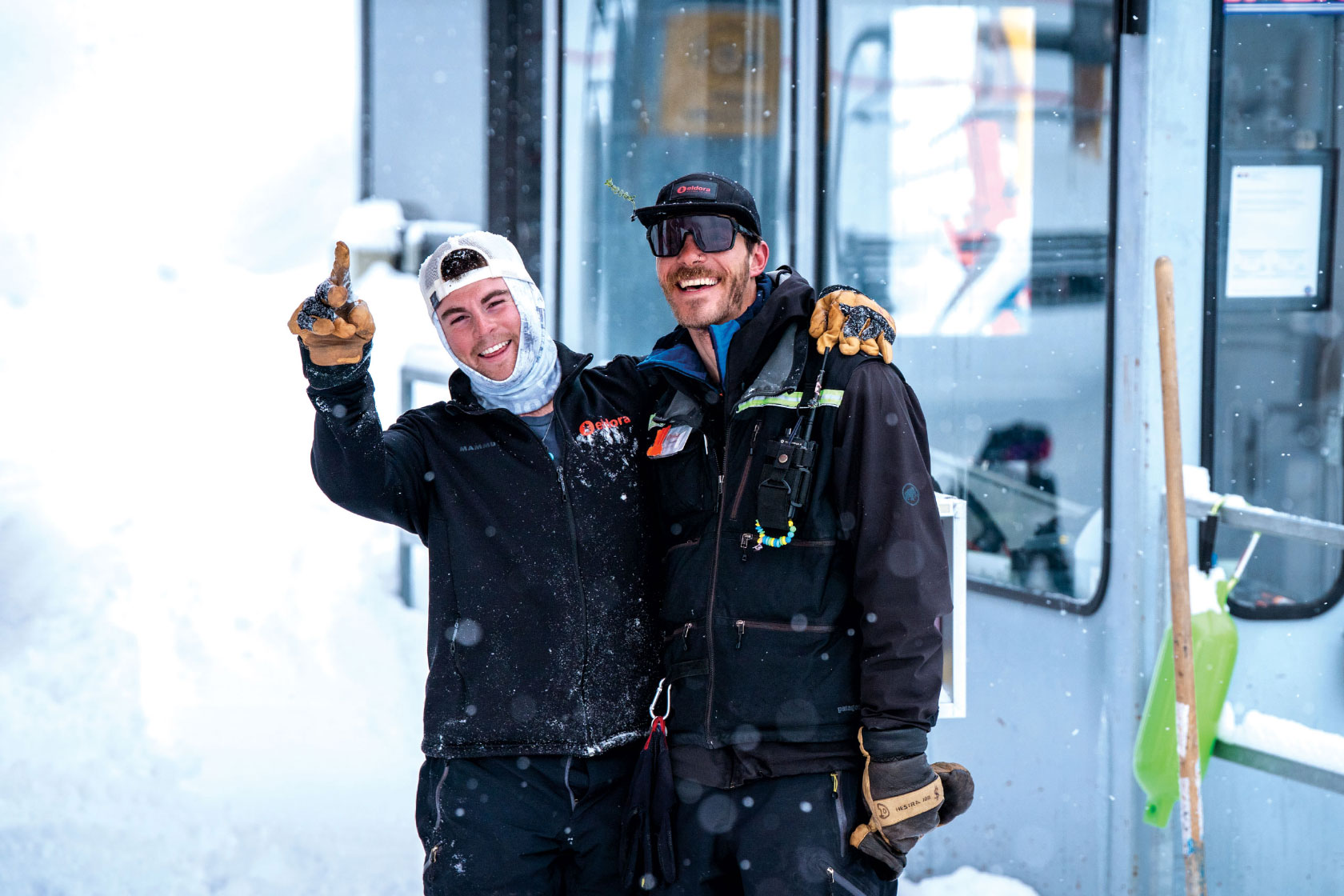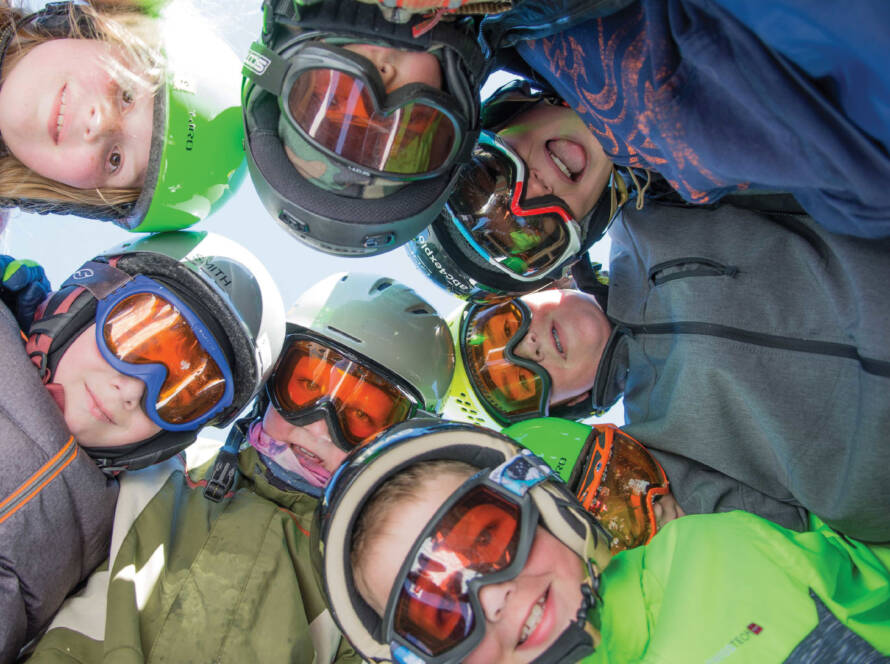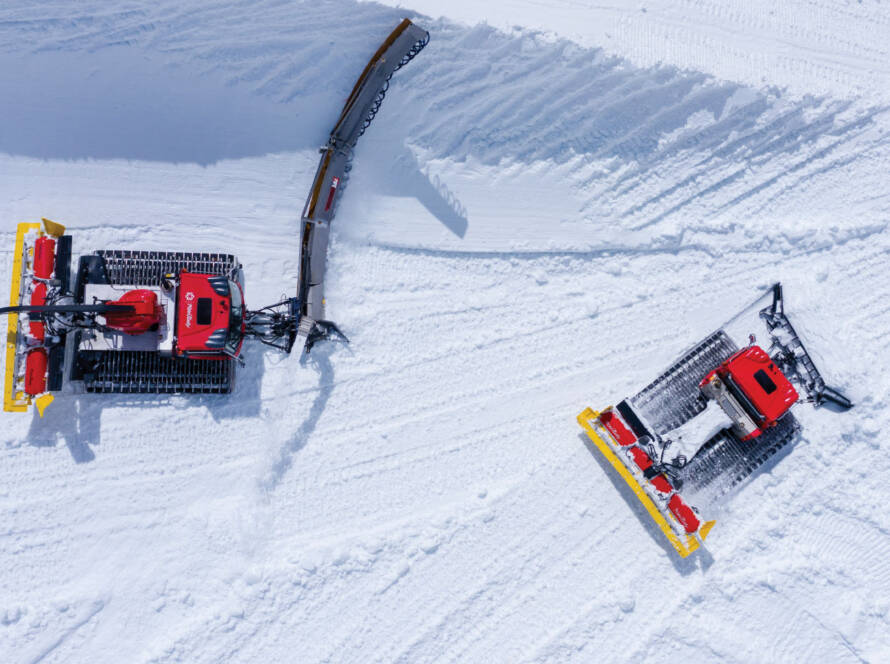In the fast-paced, seasonal world of ski resort operations, training new employees efficiently and effectively is a significant challenge. For resorts operating in winter only and staff numbers fluctuating from a few dozen in the summer to as many as 500 by peak season, ski areas must find ways to onboard workers quickly while maintaining high safety and service standards. This is where jPrep Online Training (jPrep), an innovative online training platform, steps in to streamline the process with customized solutions tailored to the industry’s needs.
Angela Gougeon, founder and president of jPrep, has been involved in ski industry training for 35 years. She understands the logistical challenge of quickly scaling a workforce while ensuring high-quality training that promotes both safety and efficiency.
“Many ski areas, even large ones, operate with a minimal year-round staff,” she said. “By September, they begin hiring, making job offers, first to returning staff and then onboarding new employees, growing their workforce exponentially by December.”
jPrep works with each ski resort to create a personalized training plan based on when departments need staff fully prepared. “We work with our clients to determine their opening date and then structure a training plan that ensures each department has 12 to 14 days to complete their onboarding before day one,” Gougeon said.
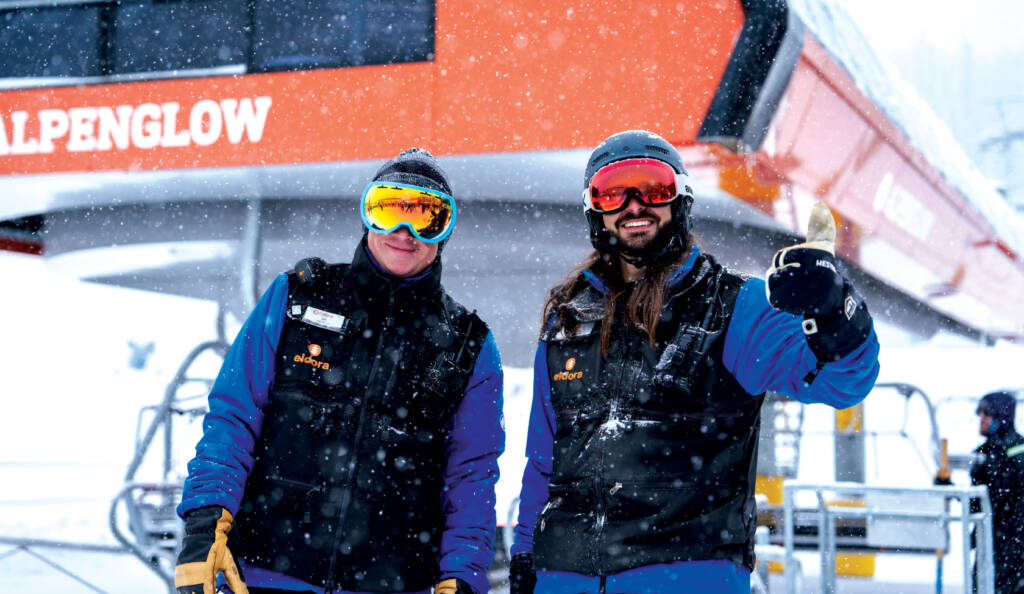
Colorado’s Eldora Mountain Resort has seen a significant transformation through jPrep. In addition to jPrep’s off-the-shelf Bullwheel Lift Attendant program, Eldora’s lift operations team took customization a step further by incorporating its own lift attendant operational manual into the training. This manual, covering safety codes, employee expectations and operational procedures, was transformed into an interactive, trackable e-learning module, including over 30 quiz questions specific to their operations.
Ari Lemieux-Mack, lift operations manager at Eldora, emphasized the challenges of training a new workforce, particularly J-1 international employees who often have no prior knowledge of lift operations. “Historically, we did one-and-a-half days of classroom sessions using PowerPoint presentations before staff set foot at a ski lift,” he said.
To modernize its training, Eldora incorporated e-learning modules using Bullwheel and adding its customized Lift Ops manual. Employees complete foundational training online before their first day on the job. “The results have been transformative,” said Lemieux-Mack.
With this approach, Eldora eliminates at least one full day of classroom-based presentations. “Now, on their first day, employees complete [human resources] orientation, get their uniforms and head straight to the lift for in-person training,” he said. “This enables trainers to immediately dive into scenario-based learning, shadowing and other hands-on instruction, rather than spending excessive time covering basic information in a classroom setting.”
Another major benefit of e-learning is consistency. Lemieux-Mack says that whether an employee joins in November or February, they receive the same structured online training, ensuring that all lift operators are on the same page. All training activities are documented to show each employee’s learning progress and compliance.
Every department has unique training needs. Snowmakers start first in the season, followed by lifts, grooming, guest services, rental shops, snow schools and food and beverage. We customize training plans to ensure each group receives timely and relevant instruction.
Angela Gougeon, jPrep
jPrep’s system provides detailed reporting for managers. “We track every click,” Gougeon said. “We know what IP address an employee logged in from, how long they were on the platform, what device they used and we also track their quiz scores.”
“It’s way easier for us to keep track of all training and documentation, which is crucial given Colorado’s extensive regulatory requirements,” Lemieux-Mack said.
In addition to off-the-shelf e-learning programs, jPrep specializes in customization. “Off-the-shelf training is generic,” Lemieux-Mack said. “What really benefits the employee is doing something unique to the resort. It’s not just ‘this is what it is to be a lift operator’ – it’s ‘this is what it is to be a lift operator at Eldora.’”
Eldora initially transitioned to e-learning out of necessity during COVID-19, but the benefits quickly became clear. “We used to do a bulk training with all of our operators in a room together. That wasn’t possible during the pandemic, so we had to find another way. Now, even post-pandemic, the advantages are so significant that we’ve fully embraced e-learning,” said Lemieux-Mack.
Unlike traditional e-learning platforms, jPrep specializes in tailoring training content to each department’s unique needs. From converting static PDF manuals into interactive modules to developing full department-specific courses, jPrep proves that online training isn’t just about compliance – it’s about building better-prepared, safer and more effective teams.
By providing specific department training, jPrep can ensure that employees gain the targeted skills and knowledge they need to excel in their roles. Although lift operations training has been a major focus, it’s not the only area of emphasis. jPrep offers similar services to all departments within ski resorts.
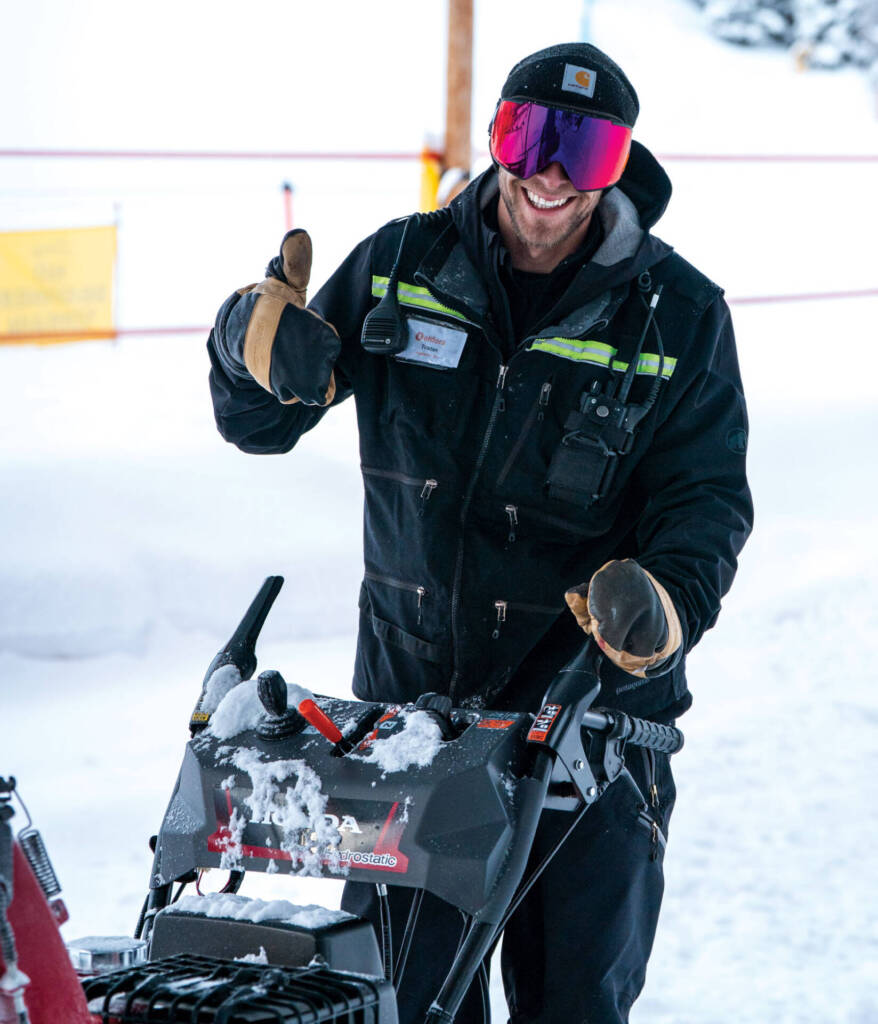
“Every department has unique training needs. Snowmakers start first in the season, followed by lifts, grooming, guest services, rental shops, snow schools and food and beverage. We customize training plans to ensure each group receives timely and relevant instruction,” Gougeon said.
For example, all resort employees require compliance training. Meanwhile, the snow school staff may be assigned modules like Duty of Care and the Alpine Responsibility Code, while food and beverage employees might focus on food safety and customer service training. jPrep’s ability to deliver tailored online training for each department ensures that staff are introduced to the specific skills they need even before arriving for their first day of work.
This approach is further enhanced by a blended learning model, where online training transitions into in-person classroom sessions, followed by continual on-the-job training as the season progresses.
Documentation of training is crucial for legal compliance. “If an incident occurs, resorts need to prove that proper training was provided. We’ve had clients call us to pull training records for an employee involved in an incident. Our system tracks every online training activity, ensuring resorts have the documentation they need,” Gougeon said.
jPrep also works with ski resorts to create real-time training updates based on operational needs. “If a resort needs to provide mid-season training because of a policy change or in response to an incident, we can quickly deploy training modules to reflect those changes. This ensures that staff always have the most up-to-date information, and the activities are tracked and documented,” Gougeon said.
As technology evolves, ski resort training is becoming increasingly customized and automated. Modern e-learning software now integrate video demonstrations, interactive scenarios, quizzes and podcasts, making training more engaging and effective.
According to e-learning industry metrics, online training typically takes 40% to 60% less time than in-person training to deliver the same content, resulting in savings in wages. This efficiency comes from eliminating commute time, reducing off-topic discussions and allowing learners to progress at their own pace.
Resorts can create these programs themselves; however, this requires significant resources, including content creation and course development using e-learning software. An effective deployment strategy, timing and follow-up are essential for a successful online training program. Outsourcing this service becomes an easy decision, especially during the busy October to December period when many resorts lack the resources to implement online training initiatives efficiently.
